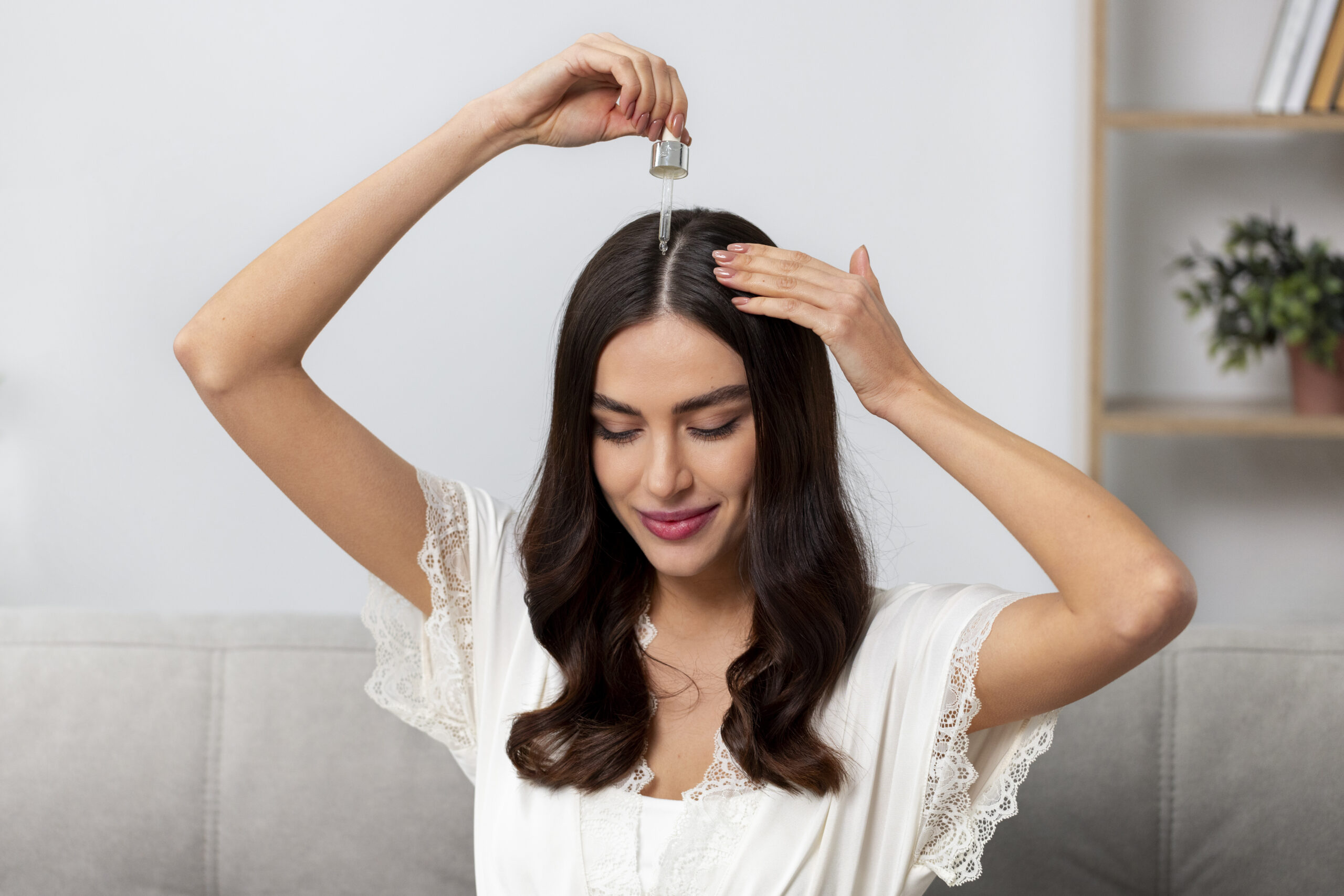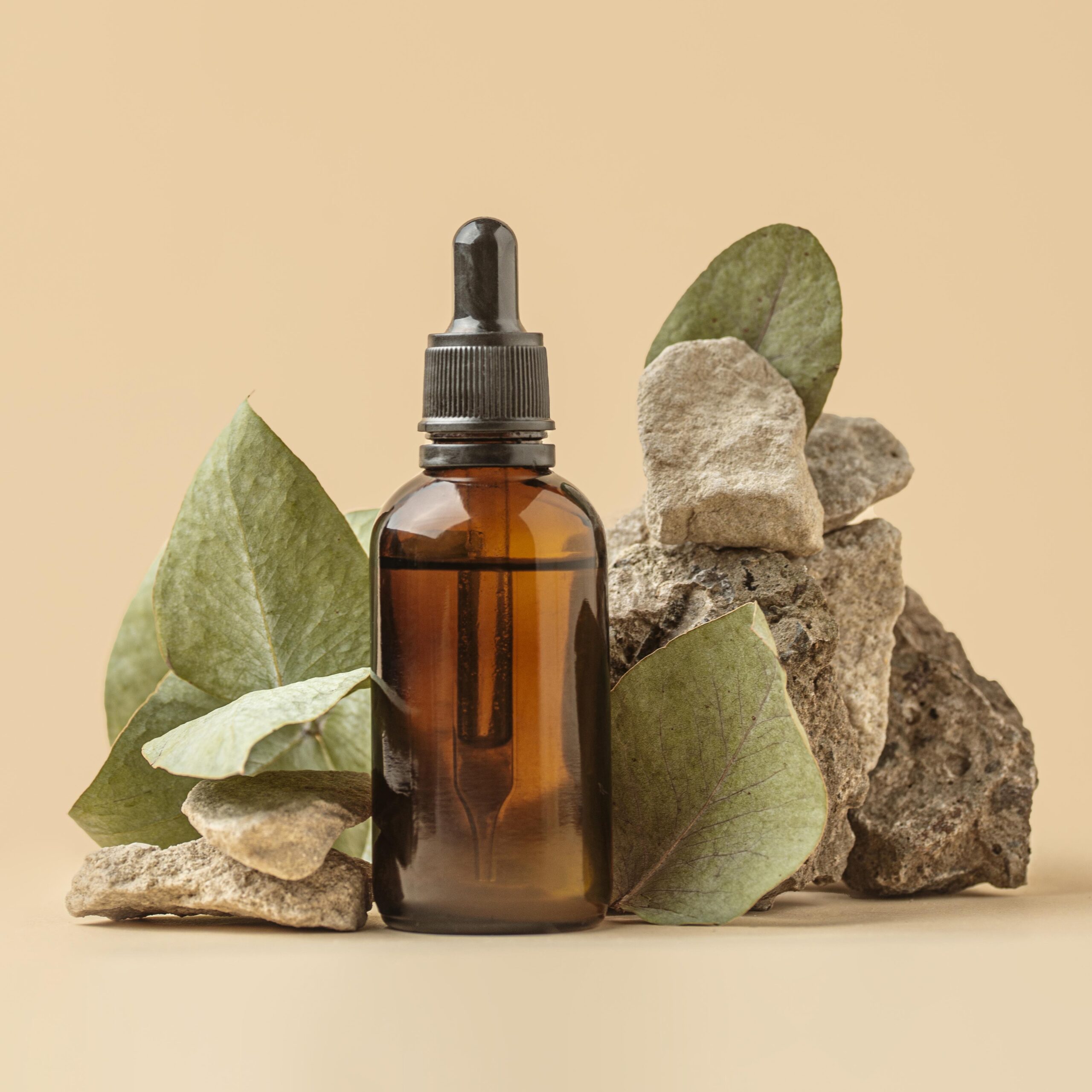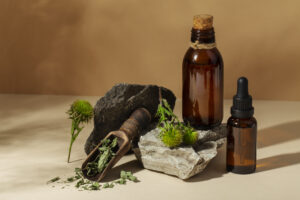Starting Fresh: A Comprehensive Guide to Hair Care
Introduction:
Embarking on a journey to revitalize your hair can be both exciting and daunting. Whether you’re looking to address specific concerns like hair loss or simply want to improve the overall health and appearance of your locks, starting fresh with a solid hair care routine is key. In this comprehensive guide, we’ll explore everything you need to know to kickstart your hair care journey and achieve the luscious locks you’ve always dreamed of.
DISCLAIMER: The information provided in this blog is for educational and informational purposes only and is not intended as medical advice. The content is not intended to diagnose, treat, cure, or prevent any disease. Readers are advised to consult with a qualified healthcare professional regarding their specific health concerns and before starting any herbal remedies or health regimen. While every effort has been made to ensure the accuracy and completeness of the information presented, the author and publisher assume no responsibility for any errors or omissions. The use of herbal remedies and traditional medicine should be undertaken with caution and under the guidance of a qualified healthcare practitioner, especially for individuals with pre-existing medical conditions or those taking medications. The inclusion of specific herbs or formulations in this blog does not imply endorsement or recommendation. Individual responses to herbal remedies may vary, and it is important to consider individual health needs and sensitivities. Always read product labels and instructions carefully before use. By accessing and using this blog, readers acknowledge and agree to the terms of this disclaimer and release the author and publisher from any liability arising from the use or misuse of the information provided.
Understanding Your Hair:
Before diving into a new hair care regimen, it’s essential to understand the basics of hair anatomy and the factors that can affect its health and appearance. Hair is composed of a protein called keratin, which is produced in hair follicles located in the outer layer of the skin. Each hair strand consists of three layers: the cuticle, cortex, and medulla. The cuticle is the outermost layer that protects the inner layers from damage and moisture loss.
COMMON HAIR CONCERNS:
Hair can be affected by various factors, including genetics, age, hormonal changes, diet, lifestyle, and environmental factors. Some common hair concerns include:
- Hair Loss: Whether due to genetics, hormonal imbalances, stress, or other factors, hair loss can be a distressing issue for many individuals.
- Dryness and Damage: Exposure to heat styling tools, chemical treatments, harsh weather conditions, and improper hair care practices can lead to dry, damaged hair.
- Dullness and Lack of Shine: Build-up from styling products, pollution, and environmental stressors can cause hair to lose its natural shine and luster.
- Dandruff and Scalp Irritation: Flaky scalp conditions like dandruff can result from various factors, including dryness, fungal infections, or sensitivity to hair care products.
Creating a Hair Care Routine:
Building a customized hair care routine tailored to your specific needs and concerns is essential for achieving healthy, beautiful hair. Here’s a step-by-step guide to help you get started:
- Determine Your Hair Type: Understanding your hair type (e.g., straight, wavy, curly) and specific concerns (e.g., dryness, oiliness, frizz) will help you select the right products and treatments.
- Choose Gentle Cleansing Products: Opt for sulfate-free shampoos and mild cleansers that effectively cleanse the hair and scalp without stripping away natural oils or causing irritation.
- Condition Regularly: Use a nourishing conditioner or hair mask to moisturize and replenish your hair, focusing on the lengths and ends. For added hydration, consider incorporating leave-in conditioners or hair oils into your routine.
- Protect from Heat Damage: Limit the use of heat styling tools and always use a heat protectant spray or serum before blow-drying, straightening, or curling your hair to prevent heat damage.
- Minimize Breakage: Handle your hair gently, especially when wet, to prevent breakage and minimize stress on the hair shaft. Use wide-tooth combs or detangling brushes to remove knots and tangles.
- Maintain Scalp Health: Keep your scalp clean and healthy by regularly washing with a gentle shampoo and exfoliating with a scalp scrub or brush to remove dead skin cells and product buildup.
- Address Specific Concerns: Incorporate targeted treatments and remedies to address specific hair concerns, such as hair loss, dandruff, or scalp irritation. Look for products containing natural ingredients like herbal extracts, essential oils, and vitamins to nourish and support hair health.
Embracing Herbal Hair Care:
Herbal remedies have been used for centuries to promote hair growth, improve scalp health, and enhance hair texture and shine. Incorporating herbal ingredients into your hair care routine can provide numerous benefits, including:
- Nourishing the Scalp: Many herbs contain vitamins, minerals, and antioxidants that nourish and stimulate the scalp, promoting healthy hair growth and reducing scalp irritation.
- Strengthening the Hair: Certain herbs like fenugreek, hibiscus, and amla are known for their strengthening properties, helping to reduce breakage and split ends and improve hair elasticity.
- Balancing Oil Production: Herbs like rosemary, lavender, and tea tree oil can help regulate sebum production, balancing oiliness and preventing scalp conditions like dandruff.
- Enhancing Shine and Softness: Herbal ingredients like chamomile, calendula, and marshmallow root can impart shine, softness, and manageability to the hair, making it look and feel healthier.
Incorporating herbal hair care products such as shampoos, conditioners, hair oils, and masks into your routine can help you harness the power of nature to achieve your hair goals.
CONCLUSION:
Starting fresh on your hair care journey is an opportunity to embrace healthy habits, nourish your hair from root to tip, and achieve the vibrant, luscious locks you deserve. By understanding your hair type and specific concerns, creating a personalized hair care routine, and incorporating herbal remedies and natural ingredients, you can revitalize your hair and unleash its full potential. Remember to be patient and consistent with your routine, and enjoy the journey to healthier, happier hair!




